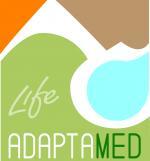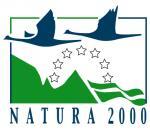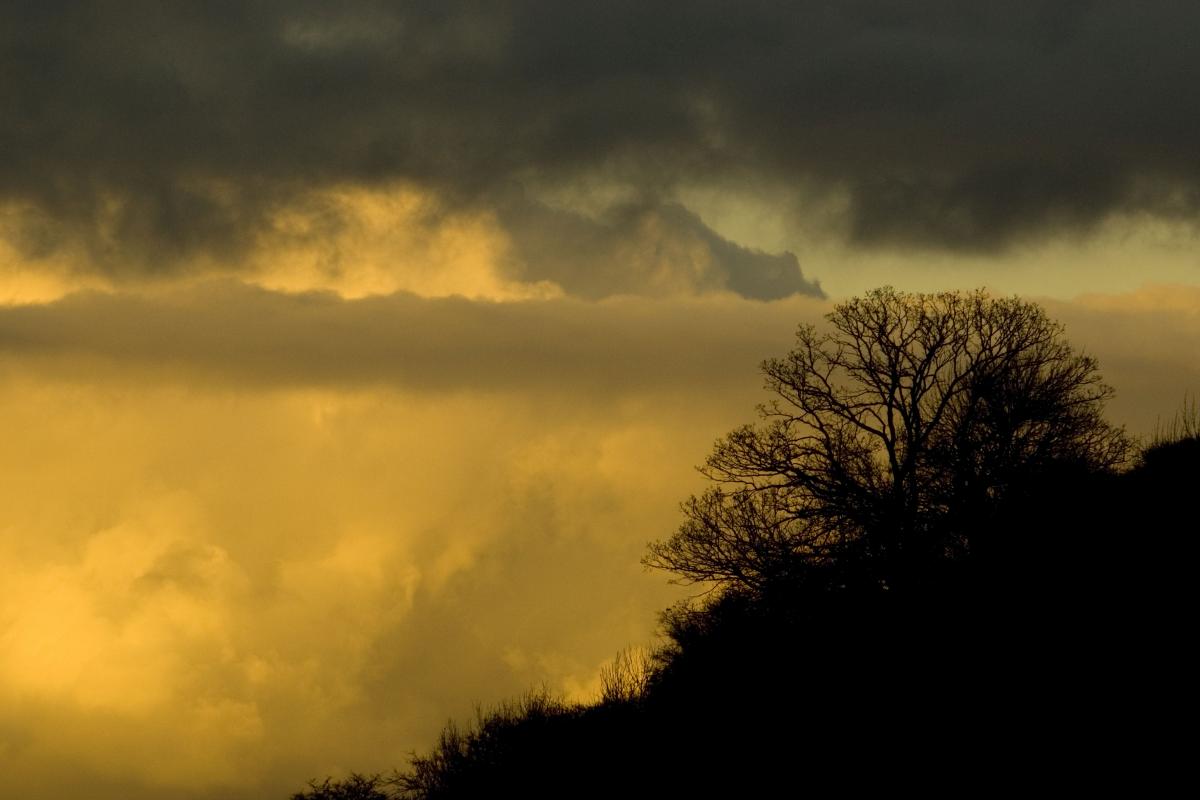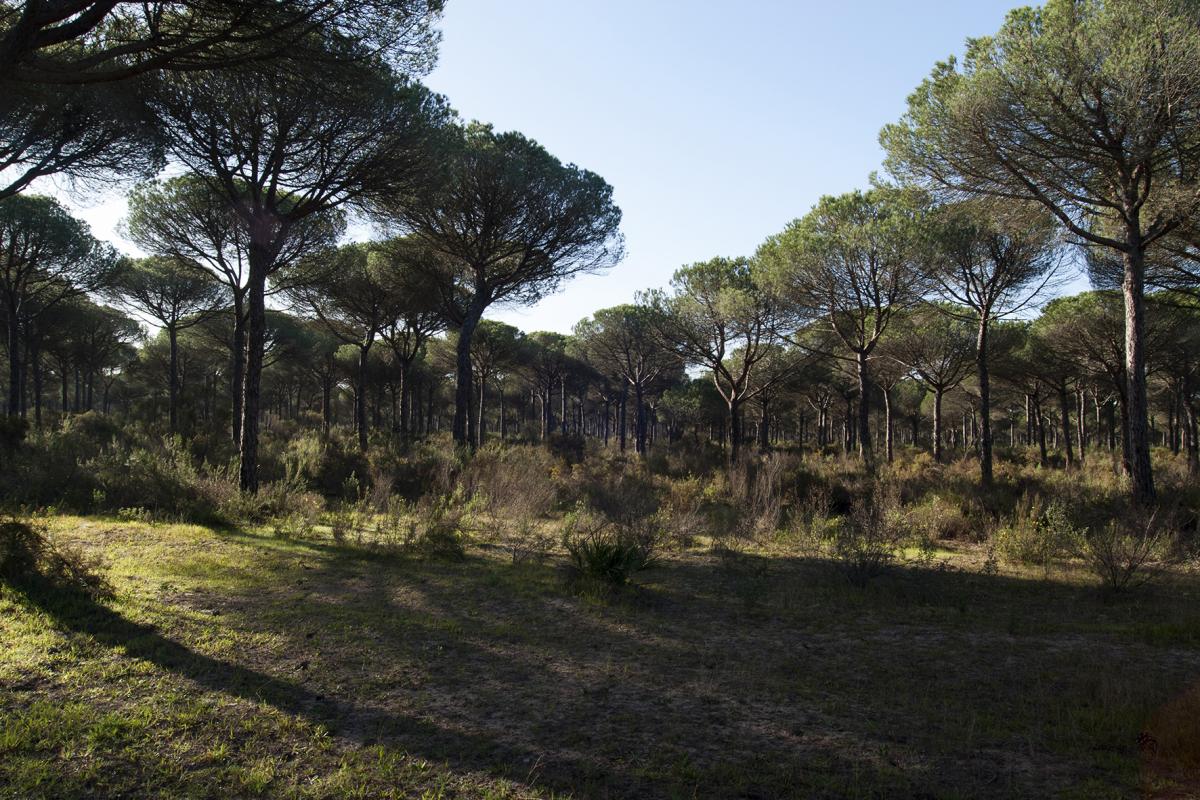Supporting Mediterranean ecosystems helps buffer against climate change
Natural protected areas like forests, beaches, mountains, scrublands and river ecosystems provide a wide variety of benefits to both people and nature. Many of these ecosystem services are deteriorating due to temperature increases, unpredictable rainfall, the arrival of invasive species and other climate change phenomena. Supporting the healthy functioning of these ecosystems is key.
Disruption to natural ecosystem services such as water provision, soil formation and retention, regulation of climate, carbon storage, oxygen production, and the provision of wood, honey, etc. is being felt in the Mediterranean region – which is undergoing a considerable increase in heat waves, and experiencing longer and more frequent droughts. This trend is expected to increase significantly in the future.
IUCN is currently involved in a pioneering endeavor in the region called the Life ADAPTAMED project, which aims to mitigate the negative effects of climate change on key ecosystem services provided to local inhabitants within three iconic and representative Mediterranean natural protected areas. These protected areas are: (1) Doñana Nature Space (Andalusia, southern Spain), which is not only one of the most important wetlands in Europe, but is one of the best examples of Mediterranean coastal forest and scrubland; (2) Sierra Nevada National and Natural Park, a high mountainous ecosystem with one of the highest biodiversity values in the Mediterranean hotspot; and (3) Cabo de Gata Natural Park, a dry coastal area at the southwestern edge of the Iberian Peninsula holding one of Europe’s few desert-like ecosystems. Both Doñana and Sierra Nevada are part of the IUCN Green List of Protected Areas.
The Life ADAPTAMED project focuses on adaptive management measures addressing the socio-ecosystems identified as key for the provision of soil retention, pollination, pastureland, temperature regulation, water retention, and the prevention of forest fires and desertification, among others.
Project partners are undertaking pine plantation and Quercus forest management, as well as the restoration of pre-desert ecosystems and high mountain scrublands. Pine plantations are key ecosystems to understand as they are present at all three natural protected areas and in many other sites around the Mediterranean basin. Furthermore, the structure of these planted forests presents many environmental problems revealing the need for an adaptation process to improve their resilience and resistance to climate change effects. Management actions featured in the project include several activities aimed at improving forest heterogeneity, natural vegetation regeneration and the general recovery of the very ecological functionality of a natural forest.
In Sierra Nevada, the project is currently improving the structure of the Quercus forest ecosystem through the nurturing of key individuals, creating a favorable natural environment and planting new trees. In Doñana, management also involves the installation of fences against herbivores and the creation of refuges for fauna that can also act as nurse structures for seed and plant dispersal and propogation.
For the pre-desert ecosystem of Cabo de Gata Natural Park, a restoration of jujube tree habitat (including the installation of a complex system to monitor the underground water) has been put in place. In this area, partners are also working on infrastructure and management techniques aimed at protecting the soil. These techniques are based on traditional agricultural techniques that are known best practices for protecting the soil in one of the driest environments in Europe.
Another management target is the recovery of key botanical elements on the high Mediterranean mosaic, mainly mountain juniper species, through the rehabilitation of traditional irrigation channels. Thousands of kilometers of centuries-old irrigation channels could play an important role in adapting to climate change because they slow down the dispersal of water, retaining it for longer periods, which helps the recovery of mountain plant species in their vicinity. This is a pilot endeavor that joins ancient knowledge, cultural heritage, biodiversity conservation, ecosystem services protection and innovative research.
In summary, the project is exploring a variety of ways to make forests more resistant to rising temperatures, heat waves, pest emergence and to drought events.
Life ADAPTAMED aims to evaluate different management models in order to identify the most efficient strategies to cope with climate change. Several technical manuals and reports, scientific publications, a solid social media presence, expositions and project symposia are planned in the coming years in order to reinforce and ensure the replicability of the key findings across the Mediterranean region.
IUCN and its partners expect that the project will be an important tool for further understanding forest management strategies in the Mediterranean region. It incorporates traditional concepts, important topics such as resistance and resilience capacity, adaptive management, ecosystem services protection, the involvement of local communities, ecological monitoring and manager-researcher collaborative work schemes. All of these concepts are essential for understanding forest management and protecting their ecosystem services under a global climate change scenario.
The Life ADAPTAMED project, co-funded by the European Union, is led by the Ministry of Environment of the Junta de Andalucía and includes partners such as IUCN and others from academia, including: the University of Granada, through the Interuniversity Institute for Earth System Research in Andalusia; the Biological Station of Doñana, under the Superior Council for Scientific Research (CSIC); and the University of Almería, through the Andalusian Center for Evaluation and Monitoring of Global Change.
This is a five year project (2015-2020).
 Photo: Life ADAPTAMED
Photo: Life ADAPTAMED
 Photo: Natura 2000
Photo: Natura 2000
 Photo: Life
Photo: Life







